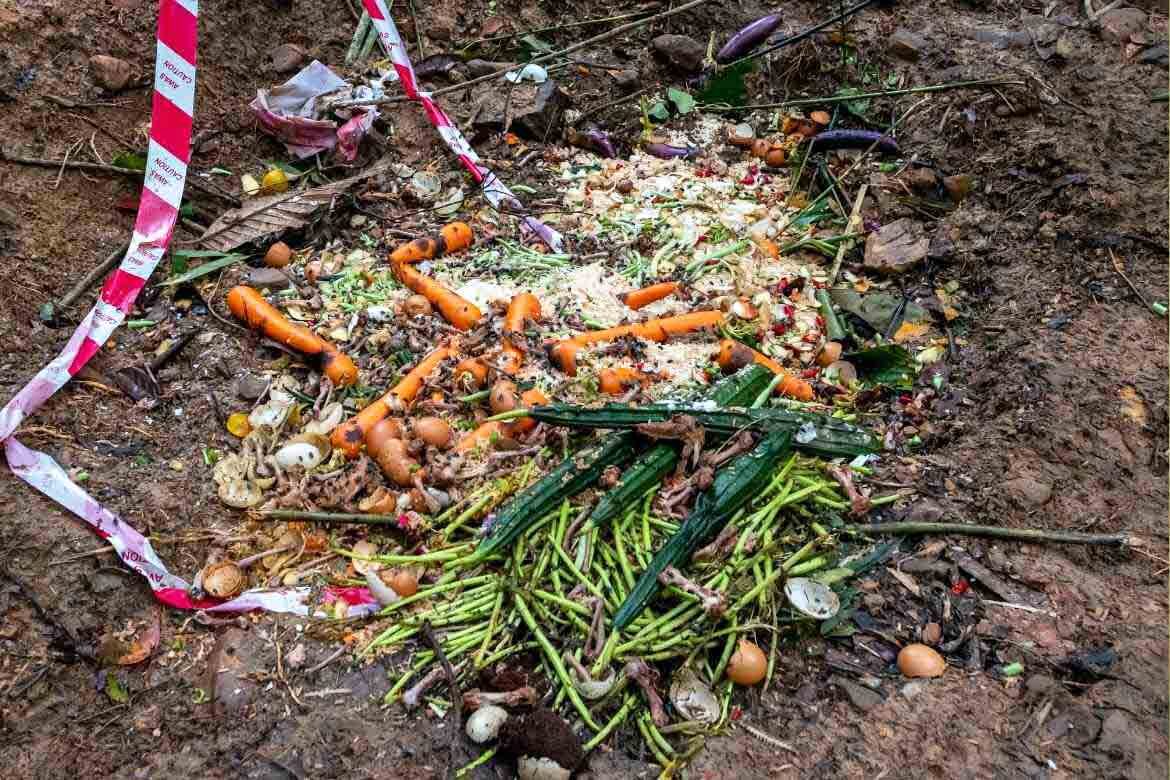A study commissioned by the Environmental Protection Agency has found that a staggering amount of food is lost every year through consumers, processors and food businesses.
The farming and fishing production process accounts for a loss or wastage of 200,000 tonnes of food, with up to 40% of some vegetables being discarded before being sold to consumers.
A calculation by researchers at Munster Technological University and UCD attributes a figure of 189 485 tonnes of food lost or wasted annually, with particular problems with horticultural products, due to terms imposed in contracts by retailers on price and quality and the lack of ecological and sustainable farming methods.
It was not possible to deduce the level of food loss caused by pollution.
Many food producers have said that they viewed wastage as an unavoidable loss, as they believed improving farming methods was economically impossible because of the current prices paid by processors and retailers.
The Government has set a target that overall food waste levels should be reduced by 2030.
The study has recommended that food producers be upskilled regarding efficient low food loss and waste practices, and that unfair trading practices should be eliminated and food supply chains shortened. A suggestion was also made that biological practices and smart technologies should be incorporated into their production operations.

